I'm currently working to create a function which accepts two 4 byte unsigned integers, and returns an 8 byte unsigned long. I've tried to base my work off of the methods depicted by this research but all my attempts have been unsuccessful. The specific inputs I am working with are: 0x12345678 and 0xdeadbeef, and the result I'm looking for is 0x12de34ad56be78ef. This is my work so far:
unsigned long interleave(uint32_t x, uint32_t y){
uint64_t result = 0;
int shift = 33;
for(int i = 64; i > 0; i-=16){
shift -= 8;
//printf("%d\n", i);
//printf("%d\n", shift);
result |= (x & i) << shift;
result |= (y & i) << (shift-1);
}
}
However, this function keeps returning 0xfffffffe which is incorrect. I am printing and verifying these values using:
printf("0x%x\n", z);
and the input is initialized like so:
uint32_t x = 0x12345678;
uint32_t y = 0xdeadbeef;
Any help on this topic would be greatly appreciated, C has been a very difficult language for me, and bitwise operations even more so.
